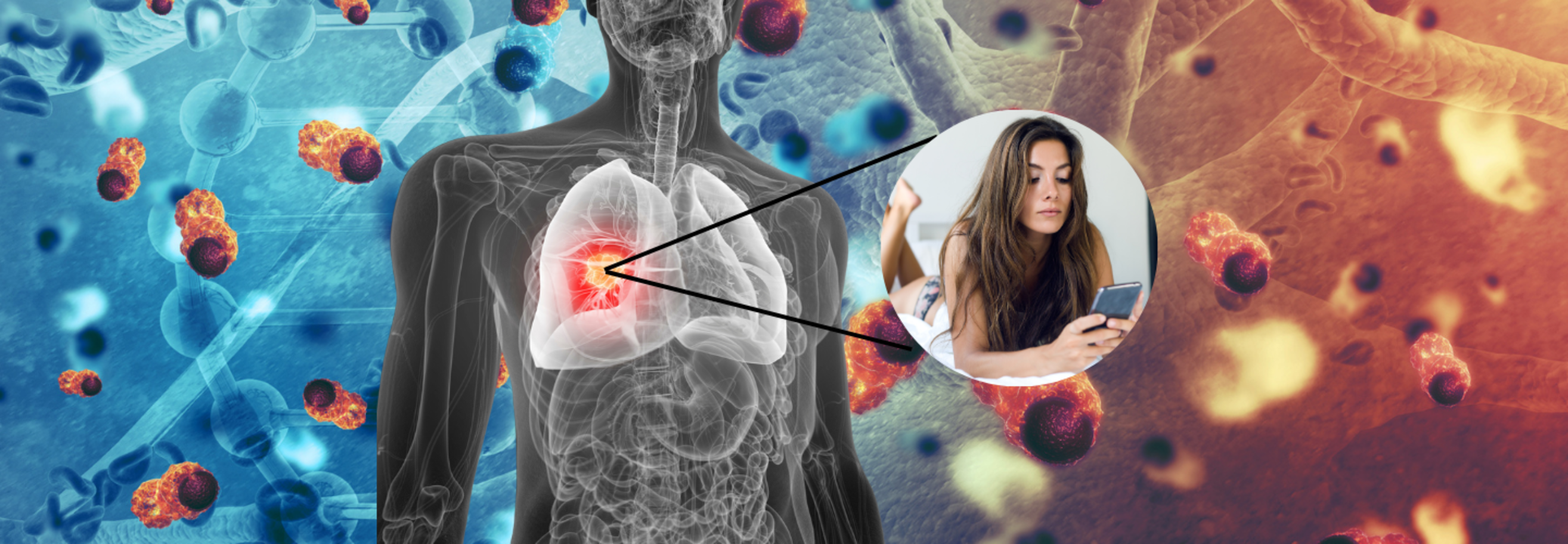Why Are Lifestyle Factors Making Millennials Vulnerable To Cancer?

Image Credit: Health and me
SummaryCancer cases are rising among millennials, with 1.9 million new diagnoses annually in the US. Poor diet, stress, and sedentary lifestyles contribute to early-onset cancers, making prevention crucial.
End of Article
